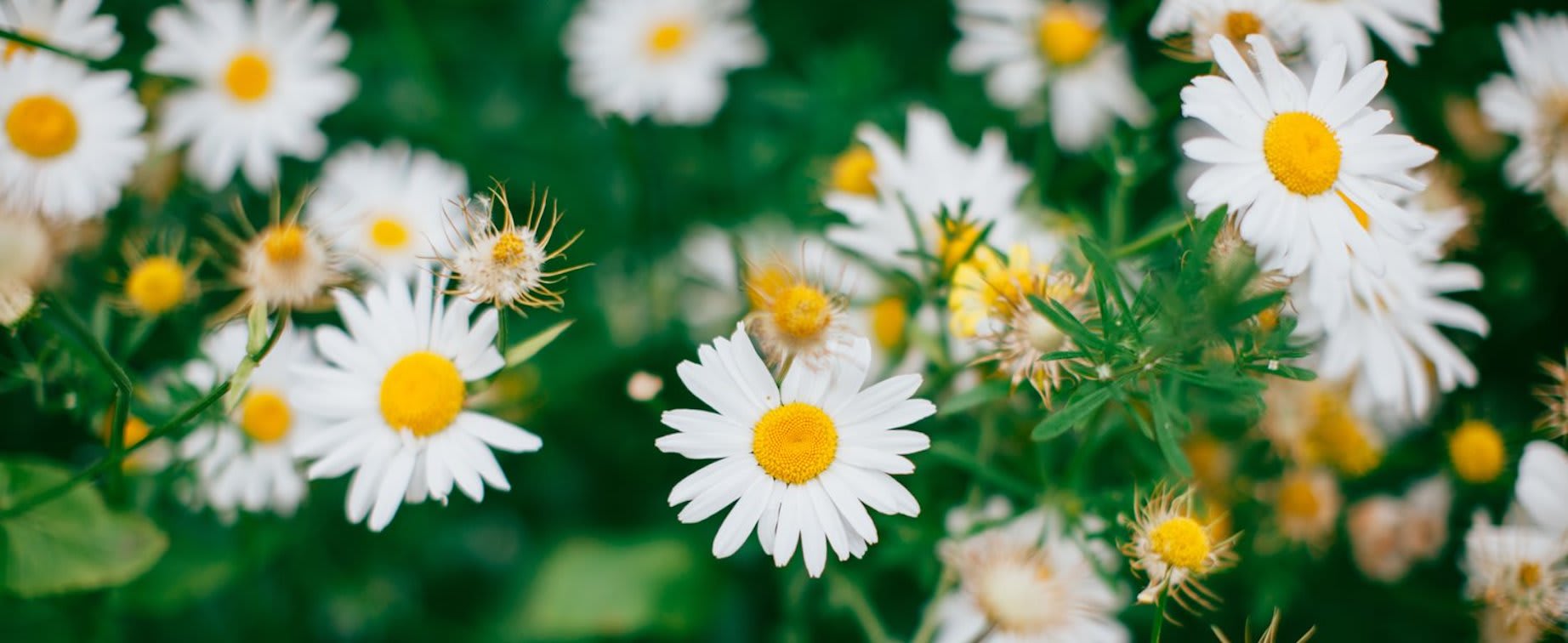Table of Contents
Depression is a condition that affects millions of people across the United States. When you experience depression it can feel like there is no way out of the dark cloud surrounding your life. Depression is with you wherever you go and it is important to treat your depression so you can live a happy and healthy life.
Depression affects everyone differently, so treatment is usually curtailed to your unique condition. What works for one person may not work for another. Antidepressants like Cymbalta are an essential part of treatment, but accompanying therapy and alternative treatments can also be helpful. It is vital to have an open dialogue with your doctor or therapist so your depression can be controlled or cured. Read on to learn more about some alternative treatments to aid your depression symptoms.
Lifestyle Changes
It may seem simple, but changing some of your lifestyle habits can dramatically change your depression. With positive lifestyle changes, your depression symptoms can improve or go away altogether.
Exercise: Going for a run or a nice sunlit walk can have similar effects to antidepressants. Exercise boosts serotonin, endorphins, and other brain chemicals that make you feel good. Enacting these brain chemicals can make new brain cell connections, which can improve your mood. Any activity is great, but the best results can be seen with 30 to 60 minutes of aerobic activity per day.
Nutrition: Anything we put in our body can affect our body and our mood. If you eat small, well-balanced meals throughout the day then your energy will stay high and stabilized, which can improve your mood. It is best to avoid complex carbohydrates and sugary foods. They might be a delicious quick treat, but they will lead to a sugar crash that can result in mood swings. You may also want to avoid drugs and alcohol because of their depressive side effects.

Stress reduction: Stress can easily bleed into every aspect of your life. Stress at work at school can begin to manifest itself into physical symptoms and can further exacerbate your depression. If it is possible, try to eliminate your stressors or distance yourself from people or places that cause stress in your life. It is important to minimize the impact of stress so you can focus on your depression recovery.
Sleep: Sleep and depression symptoms can be intricately linked. When you don’t get enough sleep, your depression symptoms will often feel worse. Not getting enough sleep can make you moody, sad, and irritable. It is important to try to get at least 7 hours of sleep per night to improve or lessen mood swings. [1]
Therapies
Talk therapy is often helpful for depression sufferers. Antidepressants can help the chemical aspects of depression, but if you never voice your depressive thoughts, then this condition may never be cured. There are many different types of therapies available and you may have to experiment with several therapists and treatments before finding the one that is right for you. Yoga, meditation, and mindfulness techniques are also a good place to start before finding a therapist.
Psychotherapy: Psychotherapy is a term used to describe discussing your mental health issues with a professional. This type of therapy is often effective for depression because it can help you adjust to a crisis and find better ways to cope and solve your problems. Many people who suffer from depression are not even aware of what is causing their conditions until they talk with someone like a psychotherapist. [2]
Cognitive-behavioral therapy: CBT is a type of psychotherapy that helps a patient “un-program” from harmful habits and behaviors. A CBT therapist then helps you learn new, healthy behaviors. CBT involves changing your thinking patterns so you do not fall into the same habits that have contributed to your depression symptoms. [3]

Group therapy: Individual therapy is good if you would like one on one time with your therapist, but group therapy has many benefits as well. Group therapy has the benefit of hearing the struggle of your peers. Group therapy lets you know that you are not alone and many people are having similar feelings to you. These therapy sessions can validate your experiences and build self-esteem.
Transcranial Magnetic Stimulation (TMS): TMS can be a treatment for those who have major depression and are not finding improvement in other therapy techniques. TMS is a noninvasive treatment that directs recurring magnetic energy pulses to parts of the brain responsible for mood. These pulses can improve communication between different parts of the brain, which can aid in your depression recovery. [1]
Natural Treatments
Traditional depression treatment involves a combination of medications like Cymbalta and counseling, but there are several alternative therapies as well. There are not many studies on the benefits of natural treatments, so talk to your doctor before beginning any of these natural supplements to help with your depression.
St. John’s Wort: This plant has yellow flowers and has been used for medicinal purposes for thousands of years. This plant may interact with other drugs you are taking, so consult your doctor before taking St. John’s Wort. This plant can be taken in liquid or capsules. In some parts of Europe, this plant is used to treat depression, but it has not been approved in the United States for similar treatments.

5-HTP: 5-Hydroxytryptophan is a supplement used to boost serotonin levels. Serotonin regulates appetite and mood, but 5-HTP is not found in any foods we eat. 5-HTP capsules are made from an African plant called Griffonia simplicifolia.
Essential oils: Essential oils are gaining popularity as a natural remedy for many ailments. Their effect on depression is not fully known, but some people may find symptom relief with oils like wild ginger and bergamot. Inhaling the scent of ginger may activate serotonin receptors in the brain and slow stress-inducing hormones. The citrusy aroma of bergamot may also reduce anxiety in some people.
The content in this article is intended for informational purposes only. This website does not provide medical advice. In all circumstances, you should always seek the advice of your physician and/or other qualified health professionals(s) for drug, medical condition, or treatment advice. The content provided on this website is not a substitute for professional medical advice, diagnosis or treatment.
